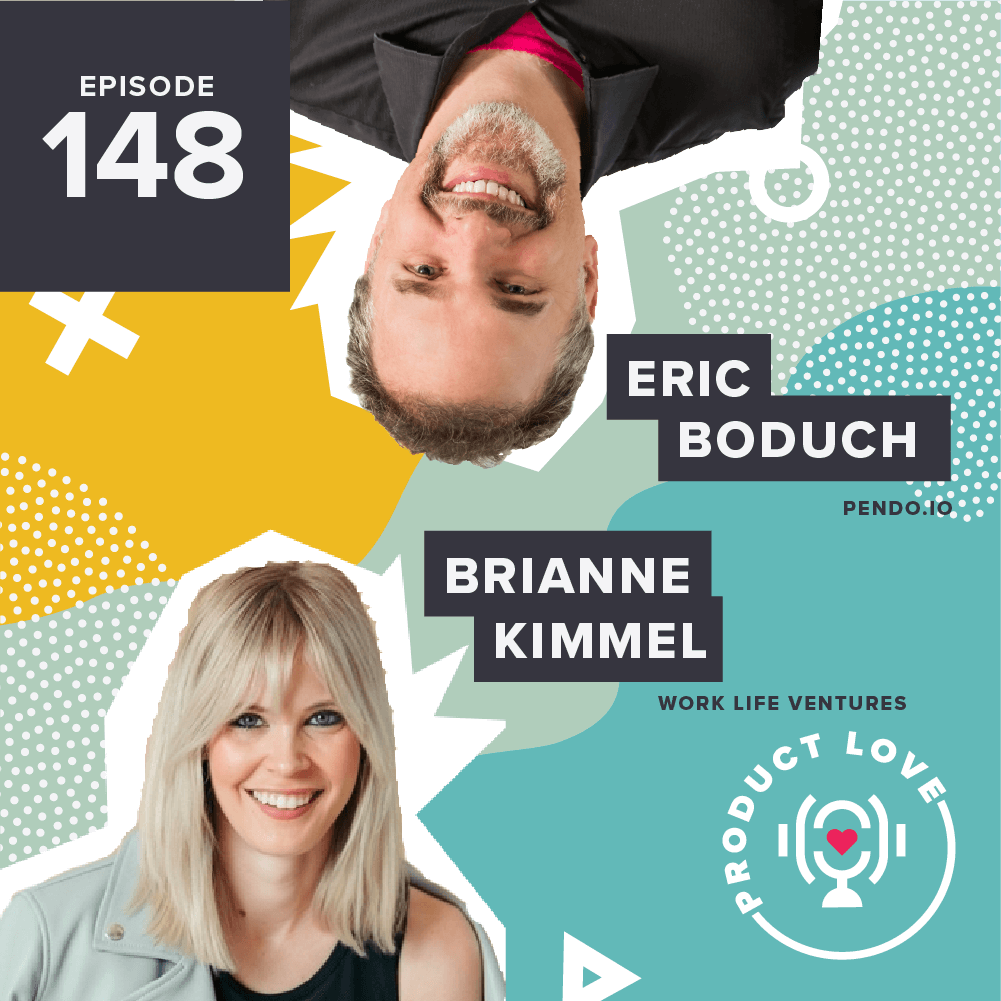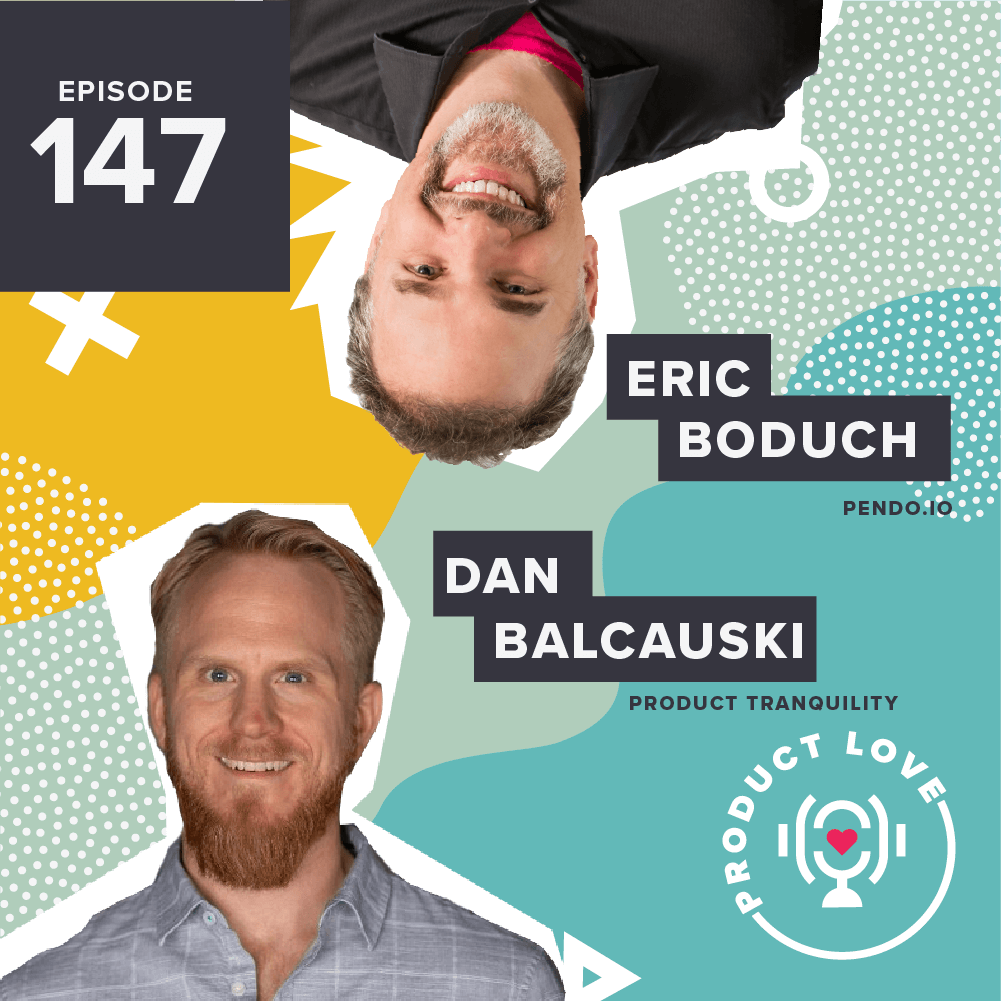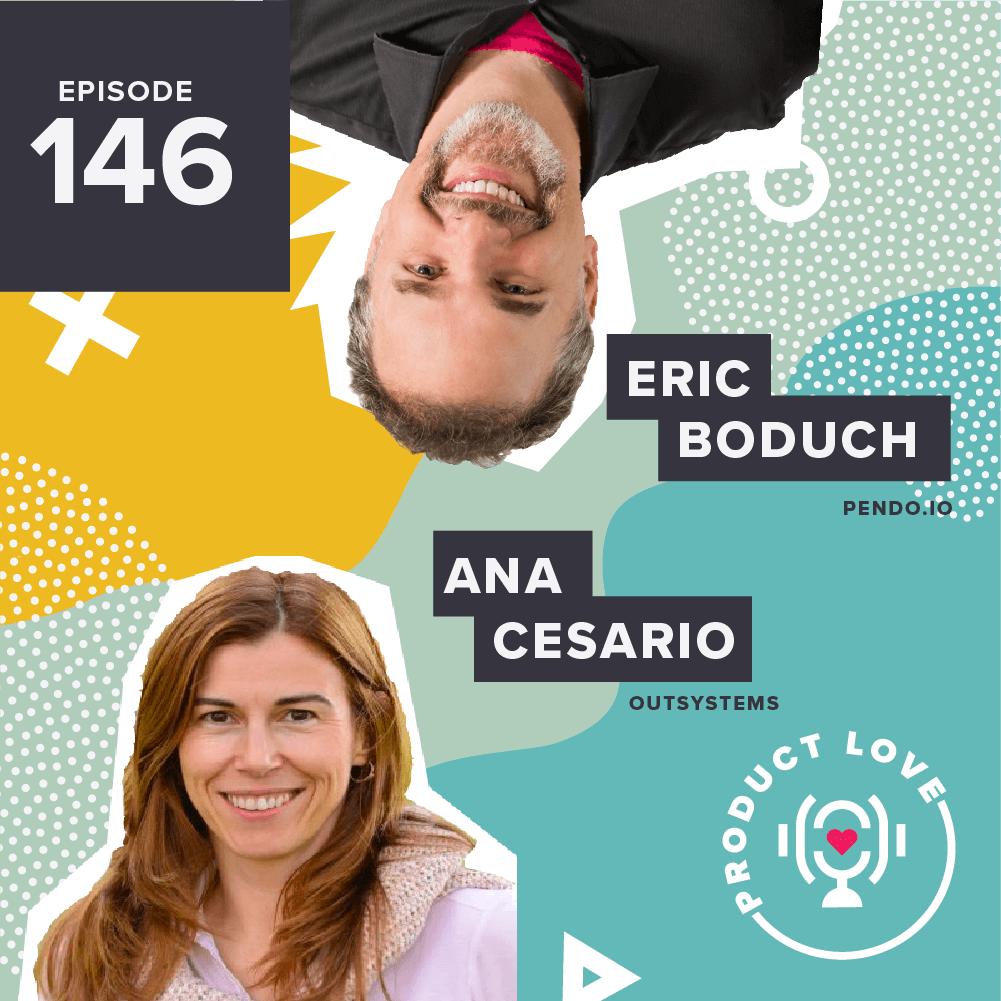It’s unbelievably easy to get distracted these days. Think about it. We have a nearly Pavlovian response to every Slack notification and text message, or we’re overly attached to the “endless scroll” provided by social media platforms. Why are these products so intertwined with our daily habits? Because they know how to hook us.
In 2014, Nir Eyal released a book called “Hooked: How to Build Habit-Forming Products” which essentially became every product person’s go-to book. In it, he shared a framework that would help teams create products that would influence users. Now he has a new book called “Indistractable” which focuses on how to avoid distractions from technology. The two might seem like they contradict each other, but really they complement one another.
This week on Product Love, I sit down with Nir Eyal to discuss his latest book, what new technology means, and how to actually conduct good meetings.
Better Technology, Moving Forward
“If you invent the ship, you invent the shipwreck.” Does that mean we should quit making ships? No. Does that mean the time before ships existed was better? No. It means that we have to create better ships.
It’s the same with technology. Tech companies create and release hundreds of products into the market with the goal of dominating your attention. And we as users have an “adaptation period” in which we adjust to and adopt new technologies. And luckily, there will always be products that seek to mitigate the negative effects of the ones that came before.
So, what does this mean for product managers? It means PMs need to think about how their products will affect their users’ daily lives.
Nir discusses the difference between persuasion and coercion. In fact, he’s invented a test that helps us distinguish between the two. He calls it the regret test. If our customers knew what we (the product designers) knew, would they still want to use our product?
If so, we’ve passed the regret test. But if the product team is hiding crucial information, or if users walk away wishing that they had never interacted with this product, then we’ve failed.
Product Managers Need Better Meeting Habits
Imagine a world without useless meetings. Now picture one without endless email threads that go back-and-forth and around on a decision? A perfect world, honestly. But it’s not as impossible as we think.
We call so many brainstorming or “status-report” meetings. According to Nir, however, brainstorming isn’t actually effective in large group settings. Really, it’s best done by yourself or with one other person.
In large brainstorming meetings, the loudest person usually takes over, and everyone else feels compelled to agree. Nir points out that the loudest person tends to be the person with the highest title, or quite honestly, a white man. By dominating brainstorming meetings, these individuals erase the perspectives of other participants.
Instead, reserve large group meetings for gaining consensus. In these types of meetings, everyone shares an idea and is prepared to make a decision together, with the end goal of putting a plan into action.
Want to hear more about the ethics of product management and the perils of distraction? Listen to the episode above, and don’t forget to subscribe.


